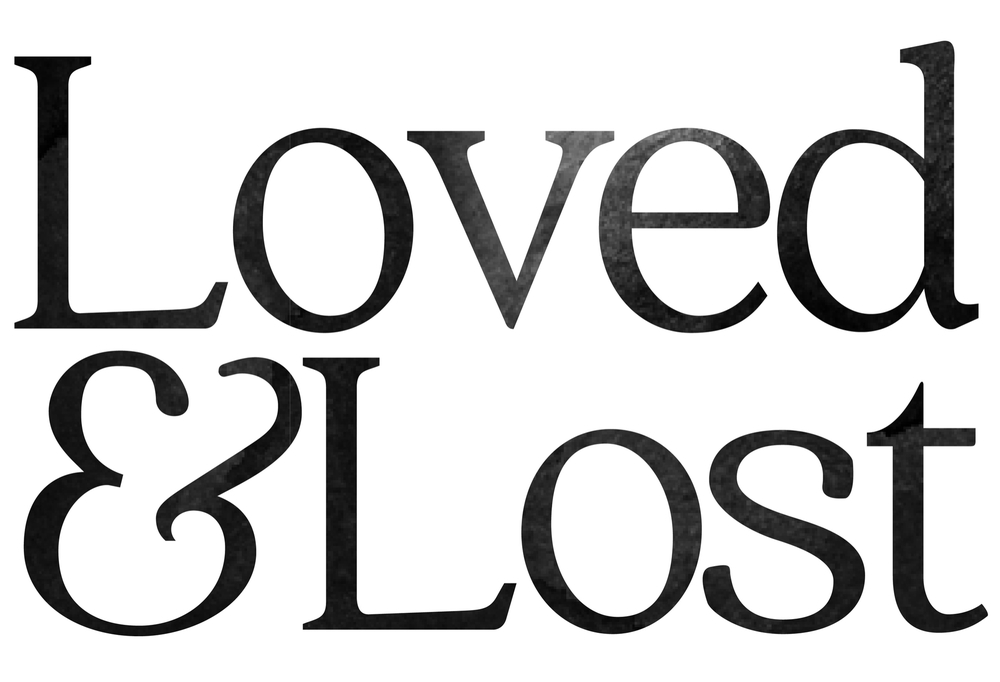Why?
Death has a stigma and the burden of grief can hold us captive if we let it. May this be a process through which a loved one can be remembered and through which memories can be re-lived. Even though the pain of the loss may remain, may this go some way in relieving the hurt and the stigma of death and act as a public declaration that death has lost its sting.
How?
I ask each participant to find a photograph of themselves with their lost loved one.
We then return to the location of the original photograph to replicate the image.
It is a chance to think back and remember, to tell the story of that day and of the person that they have lost. Imagery allows for expression beyond what we can speak of. I hope it is an experience that contributes to the restorative process in overcoming the painful impact of loss.
We all have a different experience of loss that can reveal itself in many ways. Sometimes it’s a response that is quite clear for those around you to see. Perhaps there are lots of emotions that you just don’t know how to let out, you’re not sure how you should be feeling or whether it’s right to be having certain angry or complicated thoughts.
It's not about having the best photo, saying the right thing or having the answers, I just want to give you a chance to speak about your experience of loss.
My aim is that the combination of the photos we take and the conversations we have, we will be able to portray a deep personal story that can be hosted on the project website. This allows other people who are struggling and going through similar experiences to look through and find strength and comfort in your story, knowing that other people have been through it and are confident enough to share their story.
Loss is a complicated process, so once we’ve begun, if at any point you don’t feel able to continue, that’s fine, there’s no expectation on you as a participant to take part beyond what you feel comfortable with.
About me
My name is Simon Bray. I'm a photographer based in Manchester. I lost my father to prostate cancer in December 2009. When my dad died, it wounded me in the deepest part of my being. The loss shaped the following few years of my life and will continue to do so, but I don’t have to let it define who I am. Through this time, it was really helpful to be able to talk about my Dad. I wanted to share with others about the person he was, the emotions I was feeling as I processed the grief, and talk about the influence he had - and continues to have - on my life. Those conversations were often hard and few and far between, mainly because people just didn't quite know how to respond.
This project provides a platform, allowing others to acknowledge their loss, to celebrate the person they love and to show that the loss that they’ve experienced does not have control over who they are.
Keep in touch with the project on Twitter and Facebook for updates on new stories and the latest news.
